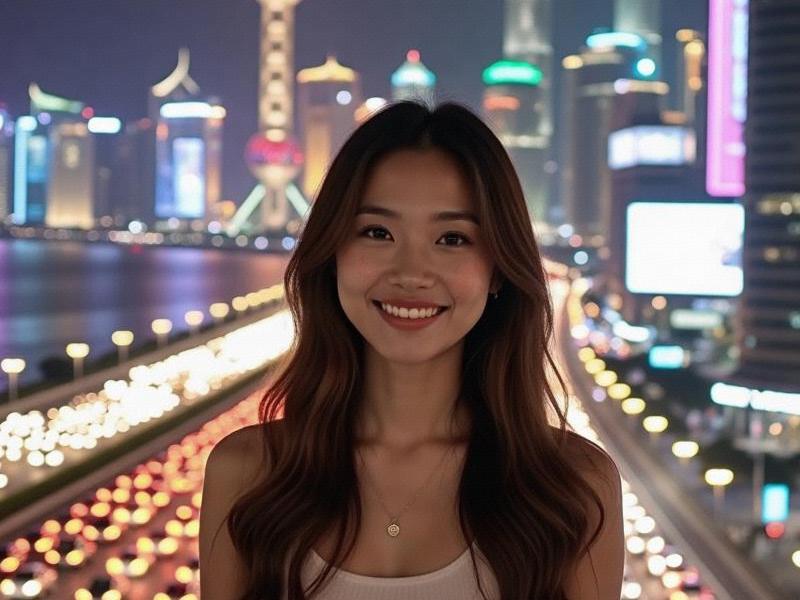This in-depth report examines how Shanghai's entertainment venues have transformed into sophisticated leisure destinations that blend Chinese cultural elements with cutting-edge technology and global luxury standards, creating Asia's most dynamic nightlife scene.

The glow of Shanghai's entertainment districts creates an electric atmosphere that pulses until dawn - a fitting metaphor for a nightlife industry that generated ¥126 billion in revenue last year. Behind the velvet ropes of establishments along the Bund and in Pudong's financial district lies an entertainment ecosystem undergoing a remarkable evolution.
The New Era of Luxury Entertainment
Shanghai's premium venues now offer:
- "Celestial Club": A 28-story vertical entertainment complex featuring AI-powered mixologists
- "Jade Emperor KTV": Where traditional tea culture meets holographic performance stages
- "Neon Dreams Lounge": Offering biometric recognition and blockchain-authenticated beverages
- "1925 Social Club": A meticulously recreated Jazz Age venue with period-accurate cocktails
These establishments represent a shift from conspicuous consumption to what industry analysts term "cultural luxury" - where exclusivity is measured in personalized experiences rather than bottle service minimums.
Technological Innovation
夜上海419论坛 Forward-thinking venues now incorporate:
1. Facial recognition VIP systems integrated with WeChat profiles
2. Augmented reality menus displaying drink ingredients in 3D
3. Smart climate-controlled wine cellars with NFT authentication
4. Holographic concierge services that remember guest preferences
"The technology serves to enhance human hospitality, not replace it," explains James Li, operations director at Night Owl Group. "Our staff receive 300 hours of training in both traditional Chinese hospitality and modern service techniques."
Cultural Renaissance
Shanghai's entertainment venues have become curators of Chinese cultural experiences:
- "Opera Noir" blends Peking opera with craft cocktail pairings
上海龙凤sh419 - "Mahjong Modern" offers AI-enhanced traditional gaming
- "Hutong Memories" recreates 1930s Shanghai alleyway culture
This cultural depth appeals to both domestic elites and international visitors seeking authentic Shanghainese experiences beyond typical club scenes.
Regulatory Landscape
The industry faces significant challenges:
- Strict noise ordinance enforcement in residential zones
- Digital monitoring of alcohol sales through unified tax systems
- Mandatory "cultural content reviews" for entertainment programming
- 2:00 AM last call policies enforced through centralized POS networks
上海龙凤419官网
"Compliance has become our most complex operational consideration," notes Vivian Zhang of Bar Rouge Group. Many venues now employ full-time regulatory specialists.
Future Trends
Emerging developments suggest:
- Growth of "dry entertainment" venues focusing on tea culture
- Members-only cultural salons replacing conventional nightclubs
- Increased integration with luxury hotel brands
- Virtual reality extensions allowing remote participation
As Shanghai prepares to host major international events, its entertainment industry stands at a crossroads - balancing innovation with tradition, global appeal with local authenticity. The venues that will thrive are those that understand Shanghai's dual identity as both guardian of Chinese heritage and pioneer of global nightlife's future.